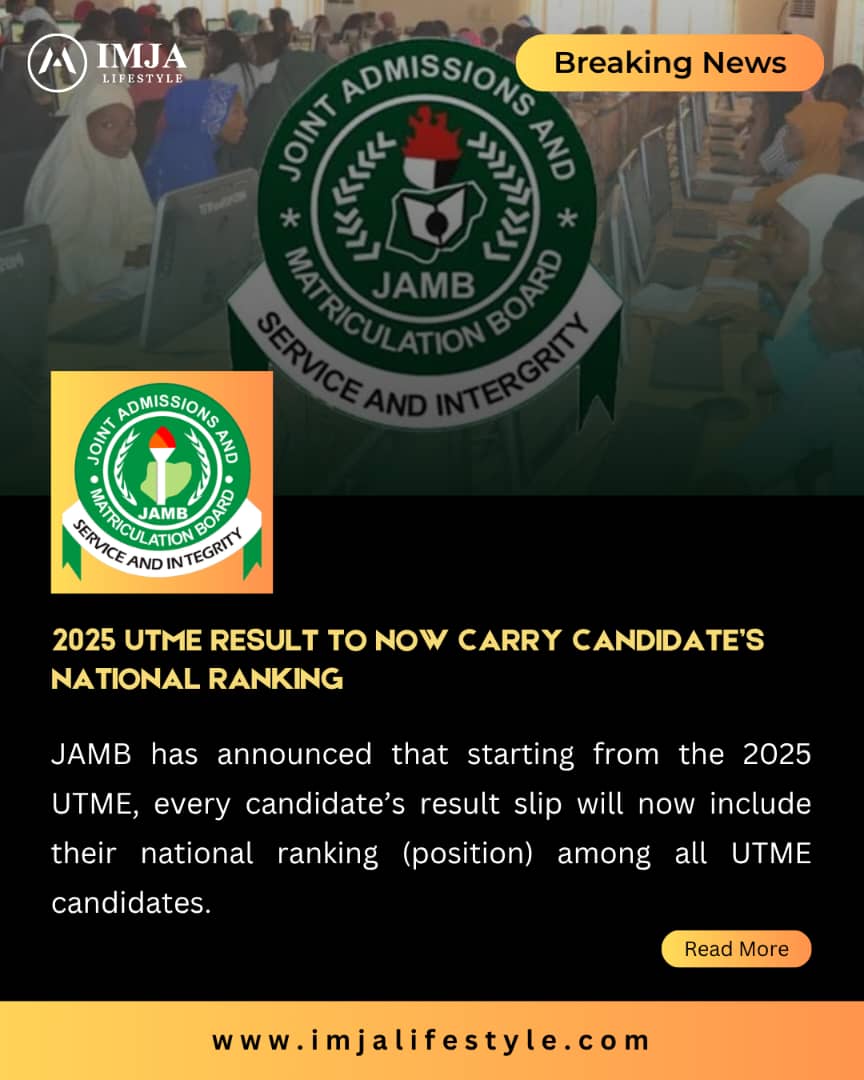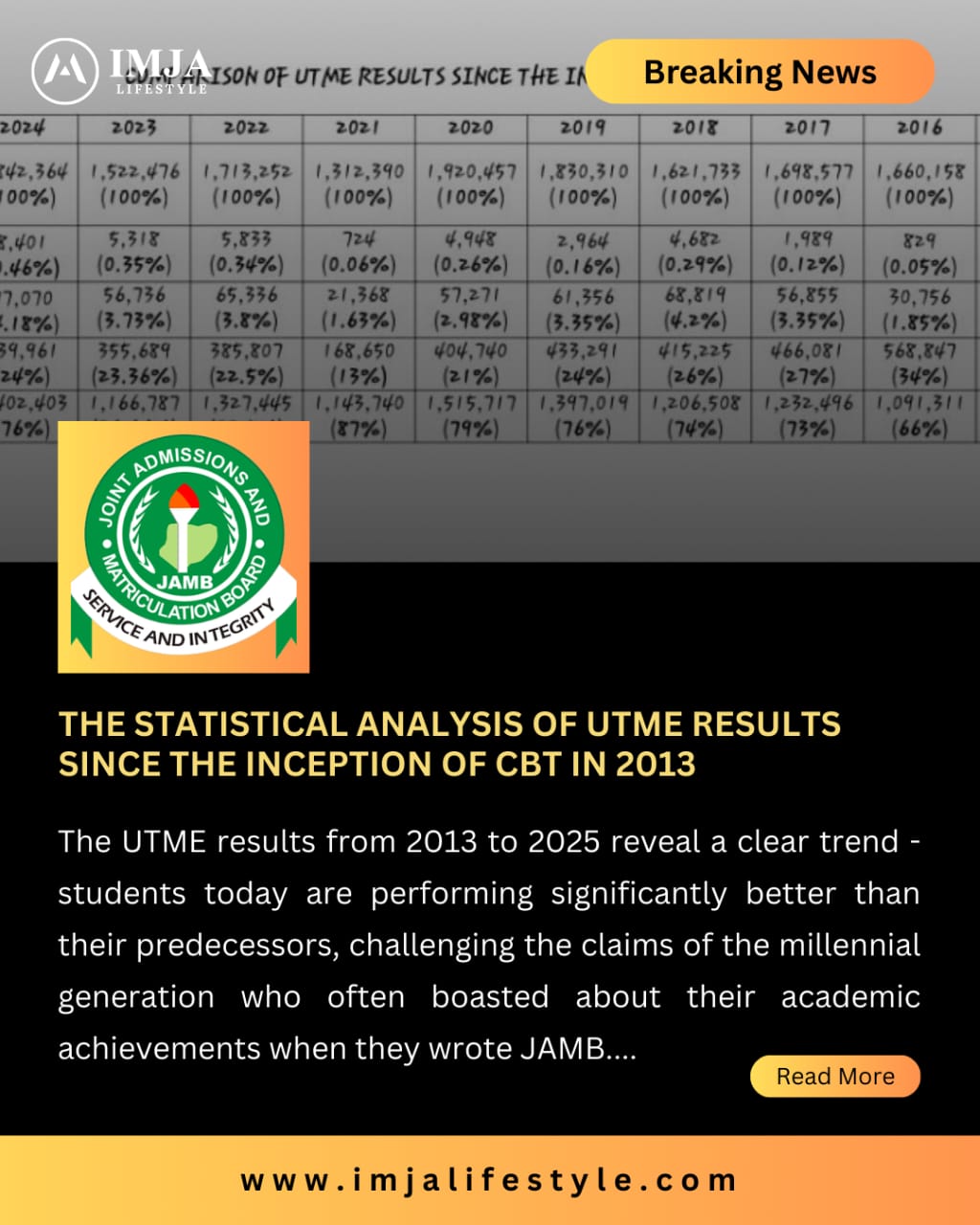Federal Government cancels Nigeria’s Independence Day parade ahead of October 1st
The Federal Government has announced the cancellation of the parade earlier planned to celebrate Nigeria’s 65th Independence Anniversary on Wednesday, October 1.The disclosure was made in a statement released on Monday by the Office of the Secretary to the Government of the Federation.According to the statement, signed by the Director of Information and Public Relations, Segun Imohiosen, the cancellation does not in any way lessen the importance of the anniversary. It further noted that while the government regrets any inconvenience the decision may cause, other scheduled events will hold as planned, including the presidential broadcast, cultural activities, and the grand finale of the National Campus Debate.




